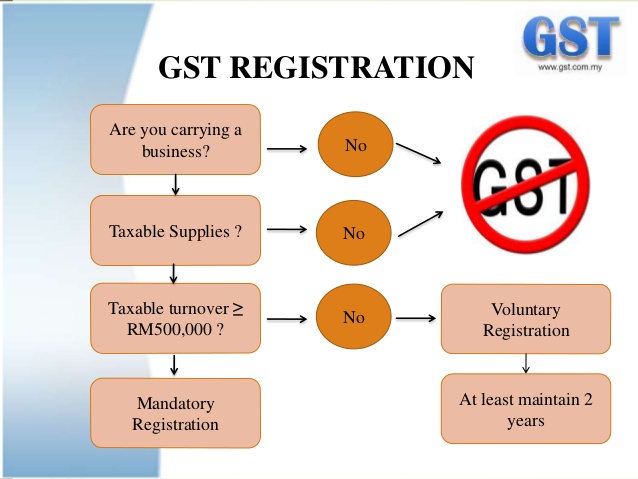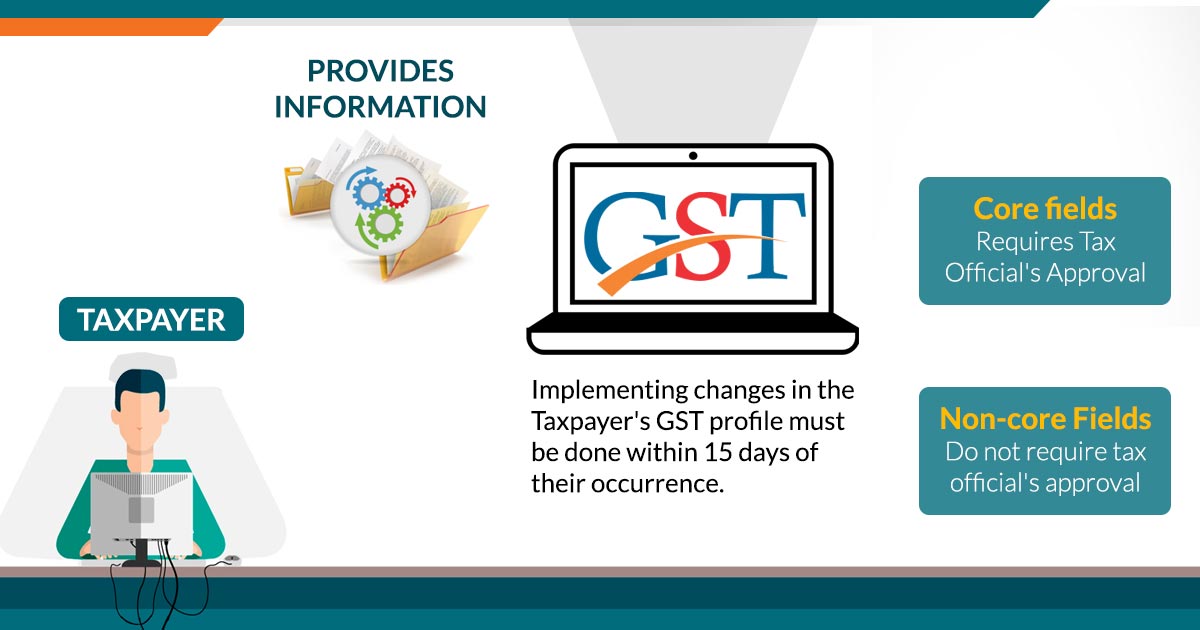Compare and Select the most effective GST Registration Services in Singapore for Your Requirements
Compare and Select the most effective GST Registration Services in Singapore for Your Requirements
Blog Article
From Beginning to End Up: The Ultimate Roadmap to GST Registration for Businesses Seeking Financial Stability
Navigating the intricacies of Goods and Solutions Tax Obligation (GST) registration is an important step for companies pursuing financial stability. From comprehending the fundamental concepts of GST to abiding by post-registration standards, the procedure can seem discouraging in the beginning glance. However, damaging down the roadmap into manageable actions can enhance the enrollment journey for companies seeking to enhance their financial standing. Let's explore the necessary components that compose this utmost roadmap and find exactly how each phase adds to laying a strong foundation for economic success.
Comprehending GST Essentials
Diving right into the basic concepts of Item and Provider Tax Obligation (GST) is essential for obtaining a comprehensive understanding of its ramifications on services and the economic situation. Input Tax Credit Report (ITC) is a considerable feature of GST, permitting businesses to declare credit for tax obligations paid on inputs, minimizing the general tax burden. Comprehending the basics of GST is critical for businesses to comply with tax obligation laws, handle their funds successfully, and contribute to the country's economic development by taking part in a transparent tax system.
Eligibility Requirements for Enrollment
To sign up for GST, services must satisfy specific qualification requirements established by the federal government. The main qualification need is that any type of business associated with the supply of products or solutions with a yearly aggregate turn over over the threshold limit established by the authorities need to register for GST. As of the present regulations, the threshold limit for GST registration is an annual aggregate turn over of 40 lakhs for services running within a state, besides special classification states where the restriction is 20 lakhs. Additionally, certain services are required to register for GST regardless of their turnover, such as interstate suppliers, casual taxable individuals, and businesses accountable to pay tax under the reverse fee mechanism. It is essential for services to extensively assess their turnover and purchase kinds to establish their GST enrollment commitments accurately. Failure to sign up for GST when eligible can result in charges and legal effects, making it essential for organizations to stick to the defined eligibility standards.
Records Required for Enrollment
Having actually satisfied the qualification requirements for GST enrollment, services have to currently ensure they have the requisite papers in area to wage the registration process effectively. The records needed for GST registration usually consist of evidence of business constitution, such as partnership action, enrollment certification, or incorporation certification for different kinds of businesses. Furthermore, businesses need to supply records developing the major business, such as a rental arrangement or electrical energy costs. Frying pan see here card of the organization, as well as the identity and address proof of promoters/partners/directors, are crucial for verification purposes. Bank account declarations, in addition to canceled cheques or a duplicate of the bank passbook, are needed to verify the monetary details offered throughout registration. Businesses must have electronic trademarks all set for the accredited notary. Ensuring all these records are arranged and conveniently offered will certainly accelerate the GST registration process, allowing companies to adhere to tax laws effortlessly.
Step-by-Step Registration Refine
Commencing the GST registration procedure involves a series of organized steps to make sure a compliant and seamless enrollment for companies. The initial step is to see the GST portal and fill in the enrollment type with precise details of the company entity. Following this, the candidate obtains a Temporary Reference Number (TRN) which is used to resume the application process if it's not finished in one go.
Next, all click here to read called for records based on the list offered by the GST portal demand to be uploaded. These records commonly consist of proof of business identification, registration and address evidence of promoters, economic declarations, and business entity's frying pan card.

Post-Registration Compliance Standards

Conclusion
In final thought, businesses seeking economic security needs to understand the basics of GST, satisfy eligibility requirements, gather needed papers, adhere to the step-by-step enrollment process, and conform with post-registration standards - Best GST registration services in Singapore. By sticking to these steps, organizations can ensure compliance with tax policies and keep financial security in the future
Additionally, certain companies are called for to register for GST regardless of their turn over, such as interstate suppliers, casual taxed persons, and companies liable to pay tax under the reverse cost device.Having actually fulfilled the qualification criteria for GST registration, businesses should currently guarantee they have the requisite documents in area to proceed with the registration process effectively. The documents required for GST registration typically consist of proof of business constitution, such as partnership act, enrollment certificate, or consolidation certification for different types of companies. In addition, organizations require to offer documents developing the principal location of business, such as a rental agreement or electrical energy expense.Commencing the GST registration process entails a series of structured steps to guarantee a compliant and smooth enrollment for services.
Report this page